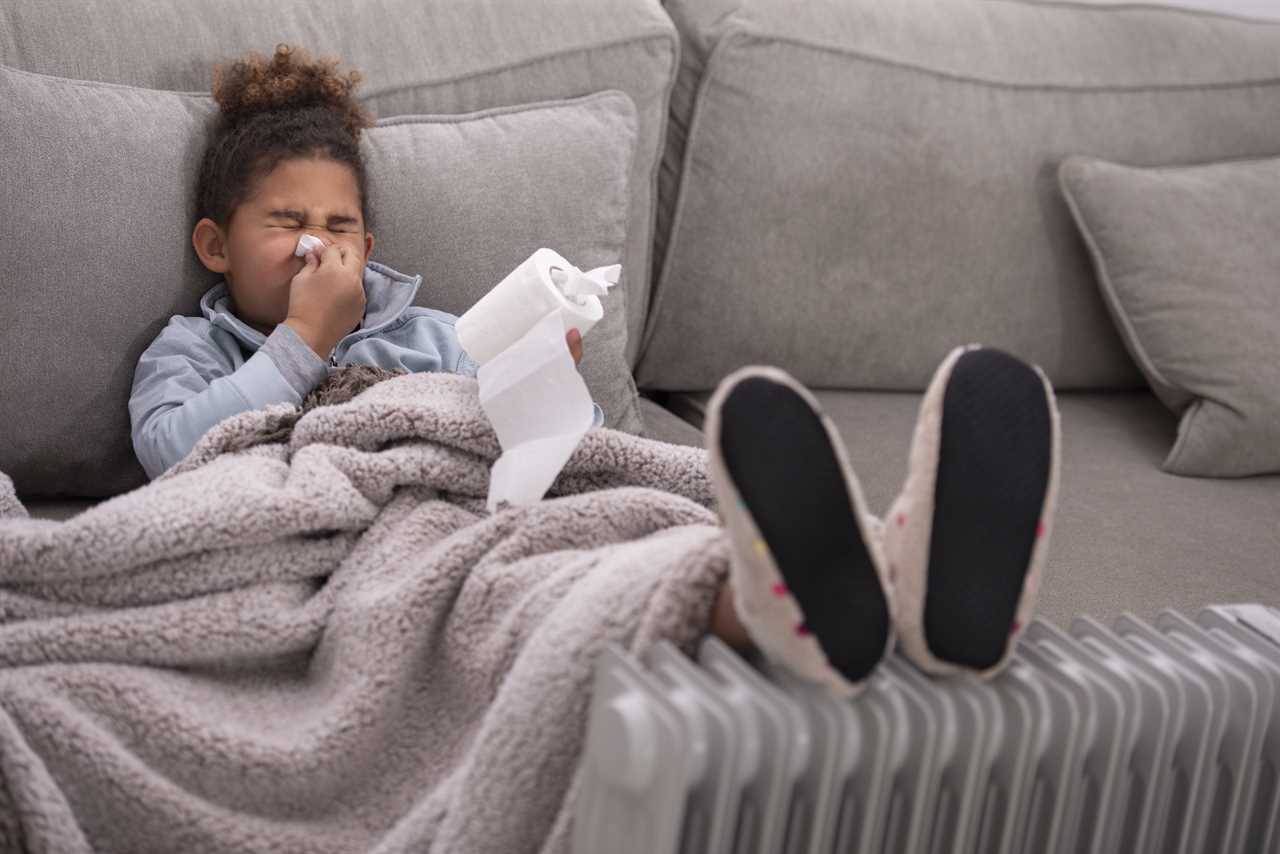CHILDHOOD leukaemia can be triggered by common bugs, experts have found.
Scientists based in the UK have discovered some babies develop pre-cancerous cells in the womb.

Leukaemia could be preventable if children’s immune systems are “primed” when young, experts said.
But, only the children who come into contact with a second ‘hit’ from common bugs and viruses like flu or a cold which trigger the disease, will go on to develop cancer.
The research, published in the journal Leukemia shows acute lymphoblastic leukaemia (ALL) – the most common form of childhood cancer – could be preventable if children’s immune systems are “primed” when young, experts said.
This can be done by exposing them to germs through breastfeeding, vaginal birth, or playing with dirty toys and other kids.
Scientists from the Institute of Cancer Research, London discovered the link between cancer, the womb and viruses by studying twins in cases where only one initially developed ALL.
Identical twins are around 15-25 per cent more likely to develop ALL if one sibling already has the disease, while less than one per cent of non-identical twins or other siblings go on to develop the disease.
Researchers followed twins for 15 years and discovered the high risk only applied to twins who shared the same placenta – which happens in around 60 per cent of identical twin pairs.
This suggests babies develop risk of cancer in womb, through blood passed down to babies through the placenta, but will not go on to develop the disease without second ‘hit’ from an infection.
Prof Sir Mel Greaves, the founding director of the Centre for Evolution and Cancer and Professor of Cell Biology at The Institute of Cancer Research, London, said: “Our study provides new insights into the origins of childhood acute lymphoblastic leukaemia.
“These new findings confirm that the disease can be traced back to the womb when pre-leukaemia cells spread via the twins’ shared blood supply,”
He added: “What remained a mystery until now was why sometimes only one twin is diagnosed with leukaemia.
“We still do not know for certain what leads to the first ‘hit’ of genetic changes in the womb, but we think that the second ‘hit’ of genetic changes is probably triggered by common childhood infections – opening up the possibility of ‘priming’ the immune system in infancy to avoid the development of the disease later on in life,” he said.
Separate research has suggested raising kids in ultra-clean homes increases their risk of developing ALL.
Around 500 children in the UK are diagnosed with ALL each year, according to the NHS.
Medical advances mean 90 per cent are now cured but they still suffer lifelong harm from toxic chemotherapy.
ALL accounts for four-fifths of leukaemia cases in children.
It is most common in wealthy societies, where children have fewer siblings, socialise less with other youngsters and have clean homes.
Cases of ALL are increasing by around one per cent a year in developed countries.






